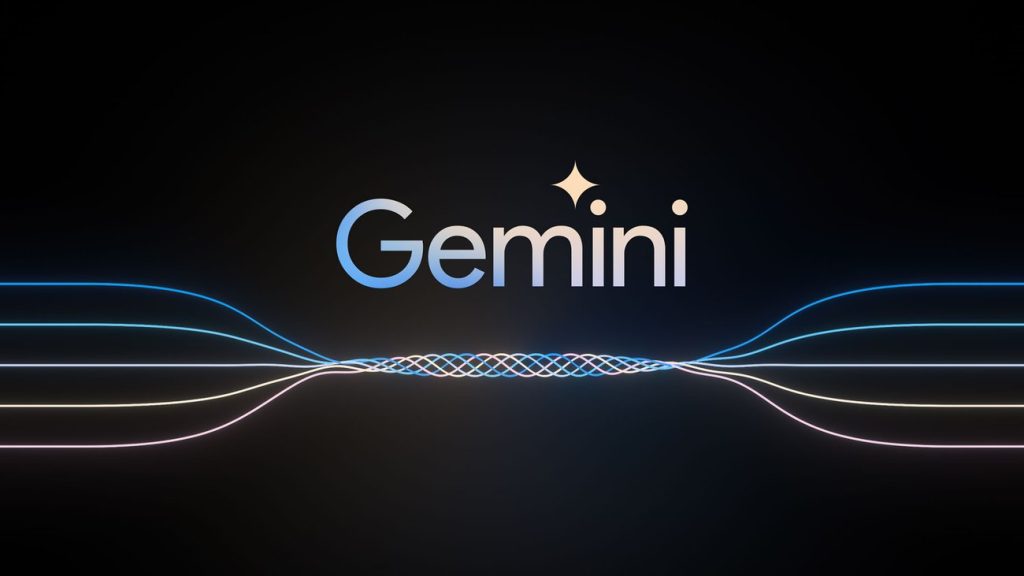Google has temporarily halted the people image generation feature within its Gemini conversational app, citing the necessity for improvements to ensure accuracy. This decision follows user feedback pointing out inaccuracies and offensive outputs in the generated images. The feature, powered by the AI model Imagen 2, faced challenges in creating appropriate and unbiased representations, leading to the suspension.

Google Will Refine AI for Respectful and Accurate Representation
Google has acknowledged these issues, attributing them to challenges in fine-tuning the AI model to avoid inappropriate or biased representations while aiming for inclusivity. Despite efforts to mitigate problems observed in earlier image-generation technologies, the feature encountered significant hurdles. It sometimes produced unnecessary depictions or became overly cautious, failing to generate images for certain prompts.
Senior Vice President Prabhakar Raghavan explained that the aim is to rectify these issues with extensive improvements and testing before making the feature available again. He also noted the inherent challenges in ensuring AI reliability, especially regarding sensitive topics, highlighting the continuous efforts to enhance the technology’s accuracy.

Even public figures, including Elon Musk and Republican leader Vivek Ramaswamy, have criticized the feature for producing images that they claim are historically inaccurate and racially insensitive.
The suspension is part of Google’s broader efforts to responsibly develop AI technologies, acknowledging the complexities involved in creating AI systems that are both creative and accurate. The company has stated it is working diligently to address the recent issues and plans to re-release an improved version of the image generation feature soon.
Google also advises using Google Search for the most current and reliable information, which is sourced from a wide array of web resources through distinct systems.
RELATED:
- Google Pay app shutting down in the US in June
- Google Tensor G3 is the first smartphone SoC with 4K 60FPS AV1 encoding support
- Get $100 OFF on Xiaomi 14 Pro at Giztop (1TB Variant)
- Lenovo Legion Y700 2023: Save $100 on this 8-inch gaming Android tablet
- How to add custom GIFs and stickers to WhatsApp
(Source)




